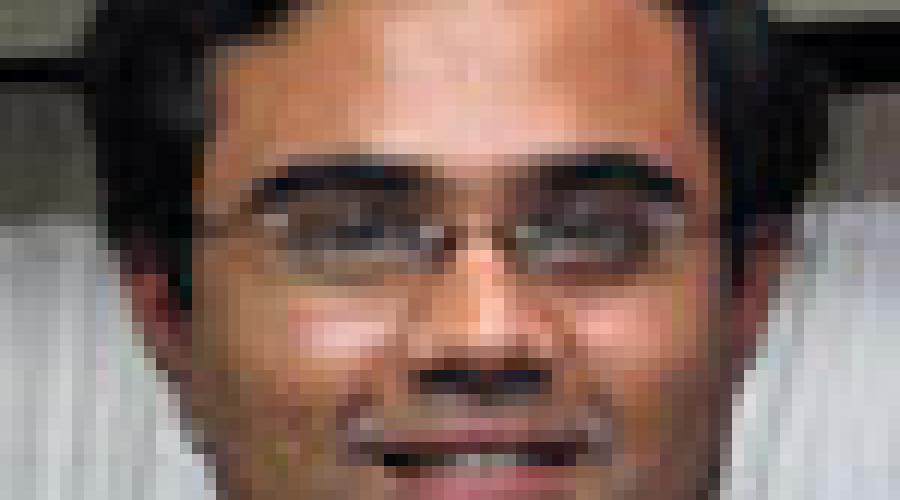
Empowering Communities
By candlelight, a young physician delivered a baby in the forest home of an indigenous woman.
Dr. Arun Karpur didn't know a wild elephant would stalk him later that night -- "a YouTube moment in my life," he laughs now.
Or, that his passion for public health would evolve into a career at ILR's Employment and Disability Institute, where Karpur is a member of the research faculty.
He welcomes to Cornell today Dr. Ramaswami "Balu" Balasubramaniam, who helped inspire his career.
Balasubramaniam founded and led for 25 years a non-governmental organization in India which has reached more than five million people through health, education and community development programs.
The Swami Vivekananda Youth Movement has more than 60 projects in economic development, secondary education, microfinance, soil conservation and other areas.
Now at Harvard University as a George Mason Fellow at the Kennedy School of Government and as a fellow at the Hauser Institute on Non-Profits, Balasubramaniam continues to be active with the Swami Vivekananda Youth Movement (www.svym.net).
In meetings today with ILR and Cornell students, faculty and administrators, Balasubramaniam is discussing possible collaborations between the non-profit and the university.
He was invited to campus by ILR Assistant Dean for Finance and Administration Joe Grasso, who learned about the group's work through Karpur.
Karpur was a student at Mysore Medical College, Balasubramaniam's alma mater, when he learned about the Swami Vivekananda Youth Movement as a vaccination clinic volunteer.
After graduating, Karpur joined the group full time for two years, often riding a motorbike into remote areas, then hiking the last mile to provide tribal people with health care.
He also trained team members how to collect health data and use it to analyze and improve their work.
Medical teams who care for people in their home environments, Karpur said, is one part of a holistic approach to sustainable development pioneered by Balasubramaniam, who sometimes subsisted on chickpeas and slept in a cement pipe during the group's start.
"At times, Balu didn't have money to pay salaries to his doctor colleagues," Karpur said. "The idea of an NGO was very, very raw at that time in India ... the system was not suitable."
The country was in the midst of huge changes. As India modernized, the Swami Vivekananda Youth Movement focused much of its attention on tribal people displaced by economic and social shifts.
"The indigenous people were sometimes frightened by the doctors who wanted to help them," Karpur said.
"We realized we were positioning ourselves as outsiders, without understanding their dynamics and perception of us. Their needs were not just health-related. They need education, jobs and development."
"We started schools and taught kids and adults who couldn't sign their names how to read and write. We became embedded in the community. We are so much a part of it now," said Karpur, who continues to volunteer for the group when he visits India.
The landscape for successful work by non-government organizations has improved, Karpur said, and the work led by Balasubramaniam "has been central."
Balasubramaniam will speak on "India's Development Challenges and Dilemmas: the Role of NGOs in Modern India" at 4:30 p.m. today in Room 233 of the Plant Sciences Building.
The Cornell Institute of Public Affairs Colloquium event, free and open to the public, is co-sponsored by ILR.
Karpur joined ILR in 2007 after earning a public health degree at the University of Florida in Tampa and working there as a member of the research faculty.
At the Employment and Disability Institute, Karpur has focused on studying health disparities for people with disabilities.
He is currently involved in evaluating the Model Transition Program, which established school and agency partnerships across the state, advancing career development opportunities for youth with disabilities as they transition from high school to adult life.
"I bring in the medical side of understanding. Any disability is not just a pathology or a condition; it is a demographic," Karpur said. "In my research, I'm still treating people."
He approaches health disparities from a social science perspective now, but holds onto what drew him into the forest.
"I was charged up. I wanted to change the world. I still do."